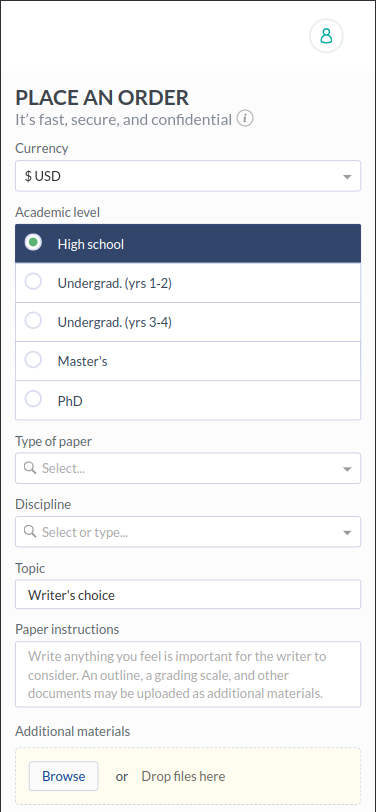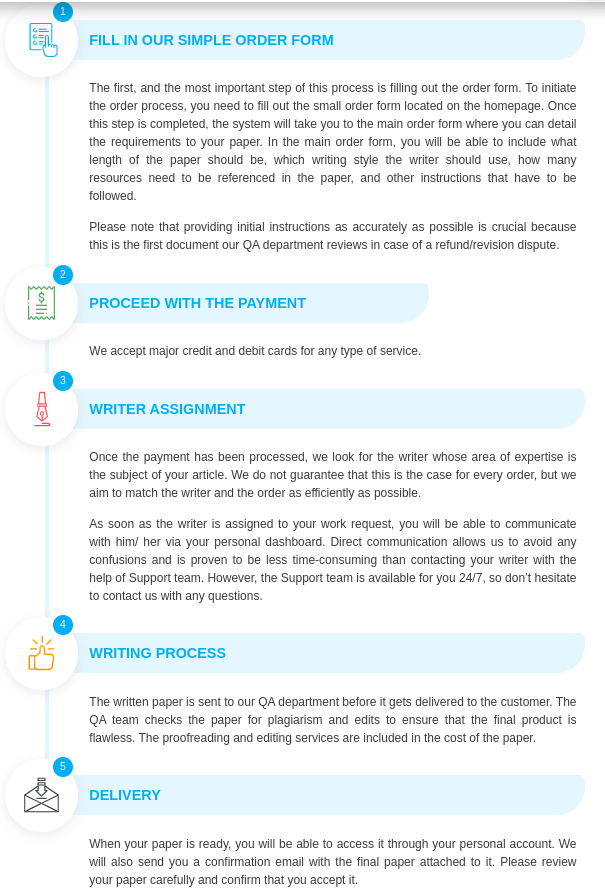Reflection on Learning
Assignment
Purpose
The purpose of this assignment is to provide the student an opportunity to reflect on learning in the course (NR 602 Week 8 Reflection) related to course outcomes, program outcomes, and competencies. Reflective inquiry allows for expansion in self-awareness, identification of knowledge gaps, and assessment of learning goals.
Course Outcomes
This assignment enables the student to meet the following course outcomes:
- CO 1: Integrate current evidence based clinical practice guidelines in the care of childbearing and childrearing families. (PO 1)
- CO 2: Appropriately apply anticipatory guidance and health promotion in the care of childbearing and childrearing families. (PO 1)
- CO 3: Assess growth and developmental milestones in the care of childbearing and childrearing families. (PO 5)
- CO 4: Construct an evidence based reproductive health management plan. (PO 5)
- CO 5: Identify and address healthcare needs of marginalized childbearing and childrearing families. (POs 3, 5)
Due Date
This assignment is due by Saturday at 11:59 p.m. MT of Week 8.
The course ends on Saturday of Week 8. There is no late submission allowed for this assignment.
Total Points Possible:30
Preparing the Assignment
Follow these guidelines when completing this assignment. Contact your course faculty if you have questions.
- Describe how the assigned readings, activities, assessments, and clinical experiences in this NR 602 reflection course helped you to meet Program Outcome 5: Advocates for positive health outcomes through compassionate, evidence-based, collaborative advanced nursing practice. (Extraordinary Nursing) Provide at least two specific examples.
- Select one of the competencies from American Association of Colleges of Nursing (AACN) Essentials Domain 3 listed below and describe how learning in this course helped you to meet the advanced-level nursing education competency. Provide at least two specific examples.
- 3.1 Manage population health
- 3.1j Assess the efficacy of a system’s capability to serve a target sub-population’s healthcare needs.
- 3.1k Analyze primary and secondary population health data for multiple populations against relevant benchmarks.
- 3.1l Use established or evolving methods to determine population-focused priorities for care.
- 3.1m Develop a collaborative approach with relevant stakeholders to address population healthcare needs, including evaluation methods.
- 3.1n Collaborate with appropriate stakeholders to implement a sociocultural and linguistically responsive intervention plan.
- 3.2 Engage in effective partnerships
- 3.2d Ascertain collaborative opportunities for individuals and organizations to improve population health.
- 3.2e Challenge biases and barriers that impact population health outcomes.
- 3.2f Evaluate the effectiveness of partnerships for achieving health equity.
- 3.2g Lead partnerships to improve population health outcomes.
- 3.2h Assess preparation and readiness of partners to organize during natural and manmade disasters.
- 3.3 Consider the socioeconomic impact of the delivery of health care.
- 3.3c Analyze cost-benefits of selected population-based interventions.
- 3.3d Collaborate with partners to secure and leverage resources necessary for effective, sustainable interventions.
- 3.3e Advocate for interventions that maximize cost-effective, accessible, and equitable resources for populations.
- 3.3f Incorporate ethical principles in resource allocation in achieving equitable health.
- 3.4 Advance equitable population health policy
- 3.4f Identify opportunities to influence the policy process.
- 3.4g Design comprehensive advocacy strategies to support the policy process.
- 3.4h Engage in strategies to influence policy change.
- 3.4i Contribute to policy development at the system, local, regional, or national levels.
- 3.4j Assess the impact of policy changes.
- 3.4k Evaluate the ability of policy to address disparities and inequities within segments of the population.
- 3.4l Evaluate the risks to population health associated with globalization.
- 3.5 Demonstrate advocacy strategies
- 3.5f Appraise advocacy priorities for a population.
- 3.5g Strategize with an interdisciplinary group and others to develop effective advocacy approaches.
- 3.5h Engage in relationship-building activities with stakeholders at any level of influence, including system, local, state, national, and/or global.
- 3.5i Demonstrate leadership skills to promote advocacy efforts that include principles of social justice, diversity, equity, and inclusion.
- 3.6 Advance preparedness to protect population health during disasters and public health emergencies
- 3.6f Collaboratively initiate rapid response activities to protect population health.
- 3.6g Participate in ethical decision making that includes diversity, equity, and inclusion in advanced preparedness to protect populations.
- 3.6h Collaborate with interdisciplinary teams to lead preparedness and mitigation efforts to protect population health with attention to the most vulnerable populations.
- 3.6i Coordinate the implementation of evidence-based infection control measures and proper use of personal protective equipment.
- 3.6j Contribute to system-level planning, decision making, and evaluation for disasters and public health emergencies.
- 3.1 Manage population health
- Select one of the competencies from the National Organization of Nurse Practitioner Faculties (NONPF) Core Competency Domain 5: Quality and Safety Links to an external site. listed below and describe how learning in this NR 602 week 8 discussion course helped you to meet the competency. Provide at least two specific examples.
NP Domain 5: Quality and Safety The nurse practitioner utilizes knowledge and principles of translational and improvement science methodologies to improve quality and safety for providers, patients, populations, and systems of care.
- NP 5.1 Apply quality improvement principles in care delivery.
- NP 5.1p: Systematically evaluate quality and outcomes of care using quality improvement principles.
- NP 5.1q: Evaluate the relationships and influence of access, populations, cost, quality, and safety on healthcare.
- NP 5.1r: Evaluate the impact of organizational systems in healthcare to include care processes, financing, marketing, and policy.
- NP 5.2 Contribute to a culture of patient safety.
- NP 5.2k: Build a culture of safety through quality improvement methods and evidence-based interventions.
- NP 5.3 Contribute to a culture of provider and work environment safety.
- NP 5.1 Apply quality improvement principles in care delivery.
- Submit the assignment using correct grammar mechanics and APA style standards.
- Writing is free of grammar, syntax, spelling, and punctuation errors
- A title page is included in APA format
- Document is double-spaced
- A reference page is included if references were cited. If a reference page is included, use APA format.
Our team of expert nursing writers at Nursing Assignment Service can help you with your NR 602 Week 8 Reflection assignment, place your order here.




